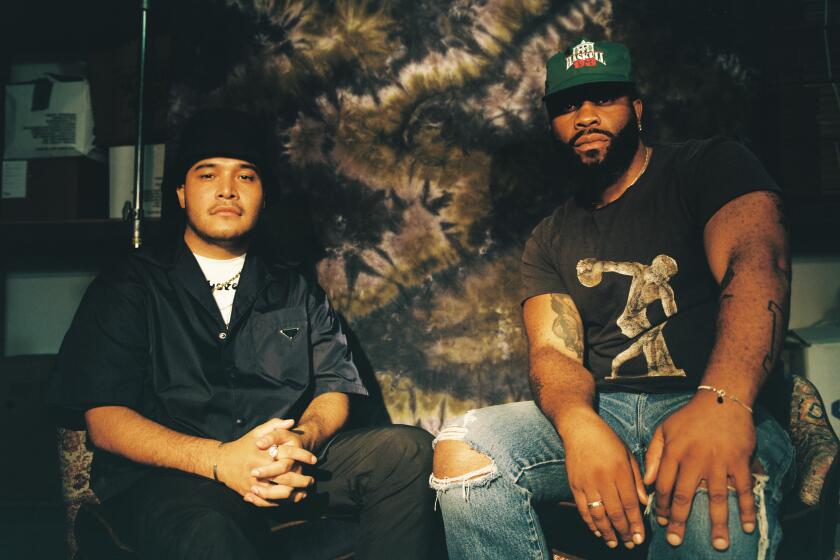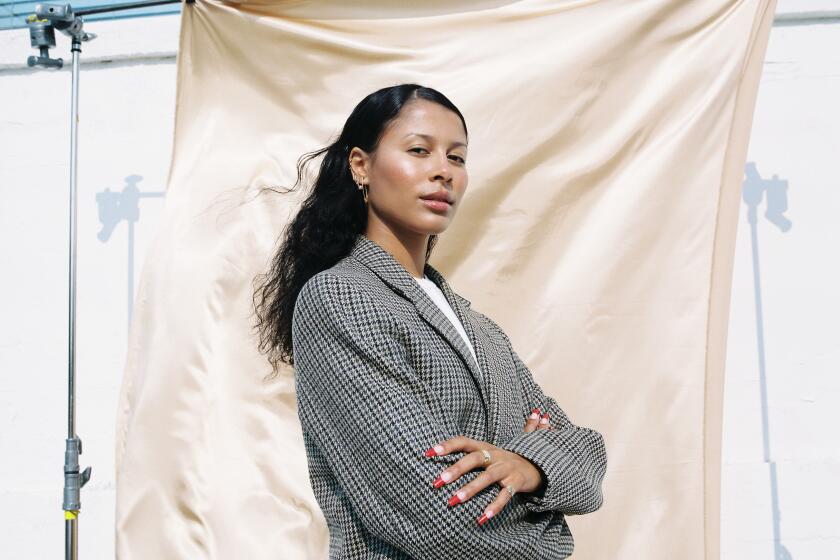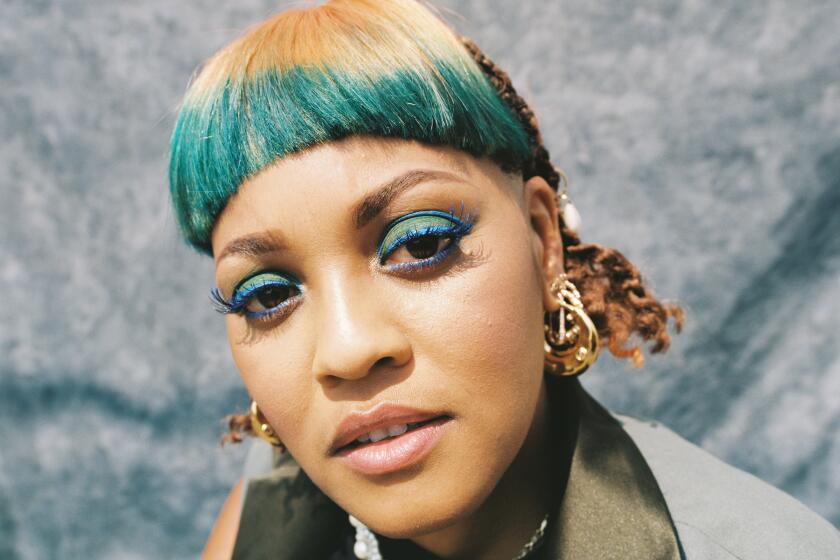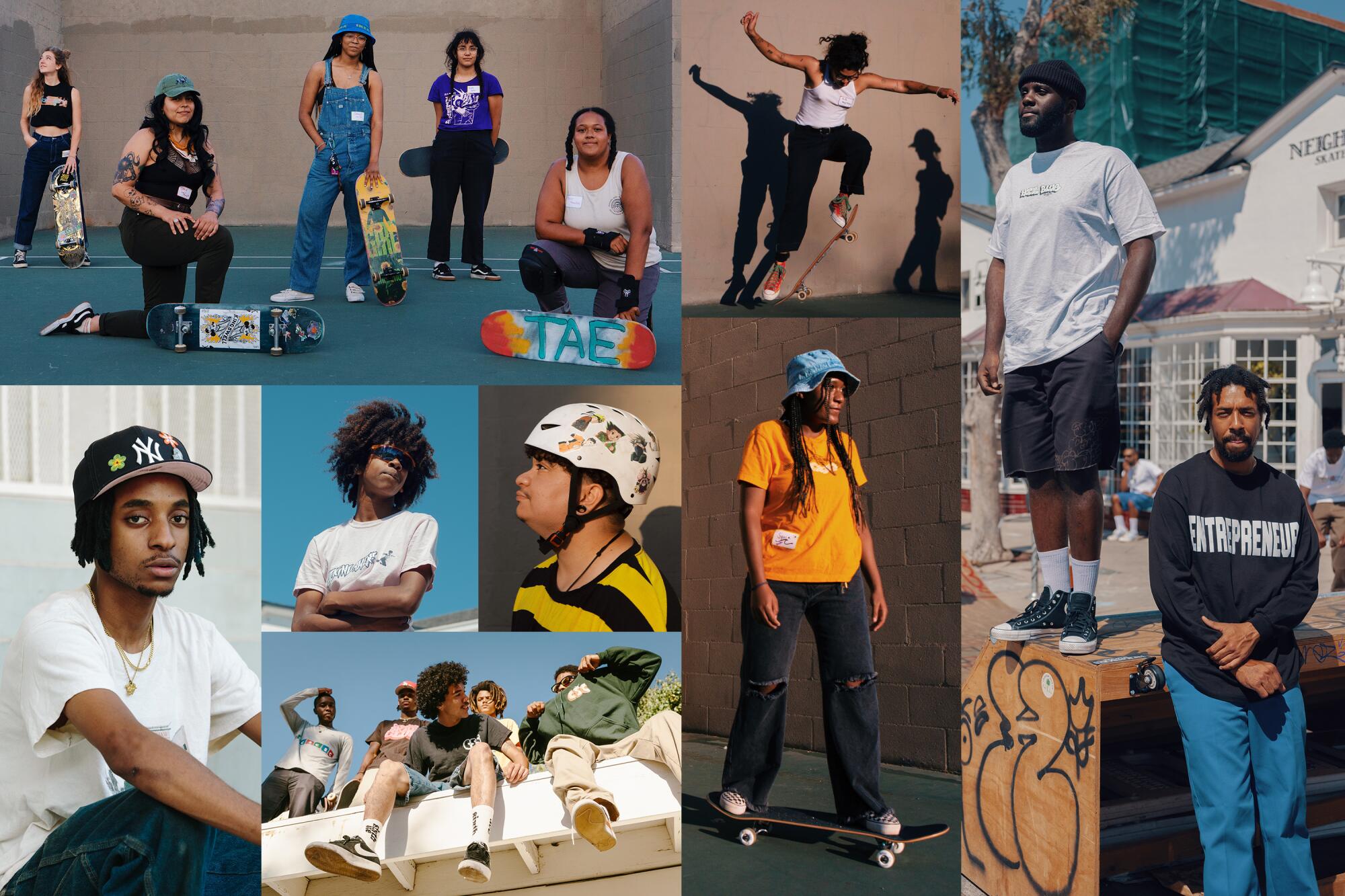
- Share via
This is part of Image Issue 4, “Image Makers,” a paean to L.A.’s luminaries of style. In this issue, we pay tribute to the people and brands pushing fashion culture in the city forward.
Skateboarding has always been a means of transportation for me. As a teenager, it was easy to grab my longboard and kick-push over to a friend’s house, a beach bonfire or school. My skating was usually solitary and never progressed to attempting complicated tricks. I’d often pass skate parks filled with young white men who effortlessly flipped and soared across ramps and through the air. I was never welcomed into those spaces as anything more than a swooning bystander — anything else prompted them skidding across my path or a barrage of dirty looks.
YaYa Chavez, who is also a queer person of color, had a similar relationship with skating for most of their life. They met up with different collectives across the country in search of a community they identified with but never felt seen. When California Gov. Gavin Newsom instructed state residents to stay at home during the early days of the COVID-19 pandemic, they decided that they would use their time in isolation to create a skate collective that centered queer skaters of color. Chavez says queer and skate culture have many things in common: “The world we live in rejects [queer people of color]. We are going against the grain just being us, and I think skate culture is about going against the grain. Skate culture is really powerful but it’s also really white, straight and male.”
Image Makers stories
Jason Parham on the white T-shirt that changed L.A. fashion forever
Streetwear gods Kids of Immigrants know love is a long game
Sami Miró has the secret to making sustainable fashion work
The Paisaboys let us in on the long-running inside joke behind the gear
Porcelain Sneakerhead sends her regards
After a few false starts in time with rising and falling local coronavirus cases, Boos Cruise became a weekly Wednesday night meet-up at Chevy Chase Park, near Glendale, earlier this summer. Attendance has doubled each week, with its peak just under 70 people. At least once a week, a mix of trans, nonbinary people and women outnumbers the regulars at the skate park. Besides being a draw for a community that has been so desperately needed, there’s a lot of flirting going on. “Skating builds confidence, confidence is hot,” Chavez laughs.
As the meet-up grows, there is fear that the original intention of the Boos Cruise collective will be lost. Like so many other things created by queer people of color, when they become popular, many of the original participants lose their access. It’s something I and other QPOC attendees have discussed. Attendees are determined to keep it a place that feels like home to people who have been pushed into the margins. It doesn’t matter if you’ve skated your whole life or are just stepping on a board for the first time — the collective welcomes those who are looking for a place to belong.
As this photo essay depicting three L.A. crews shows, new friends are made, camaraderie is built and sometimes the bonds become the genesis for new meet-ups, new crews to be born. Skating can be a bridge. “I just facilitate,” Chavez says. “My work here is done.”
Crenshaw Skate Club
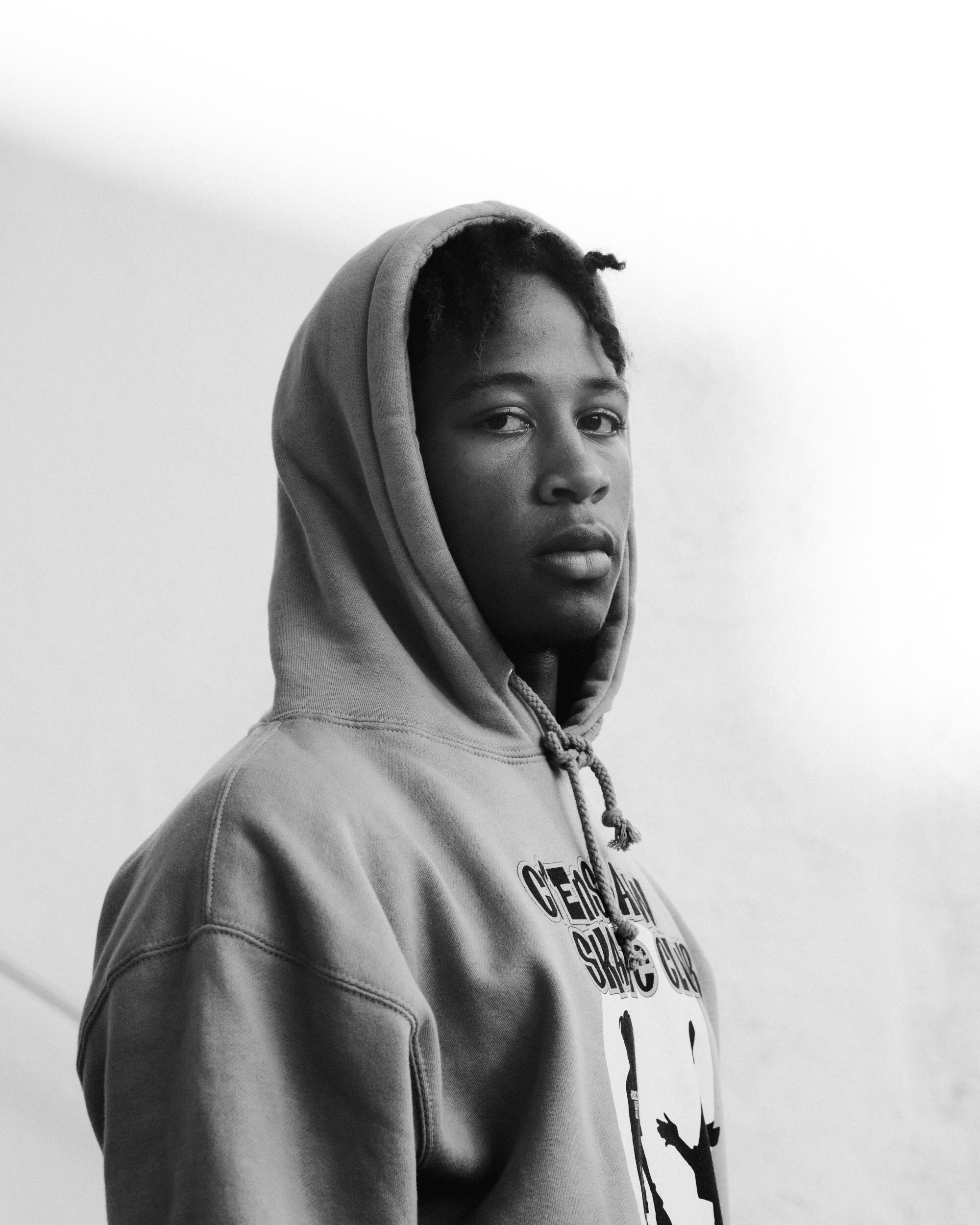
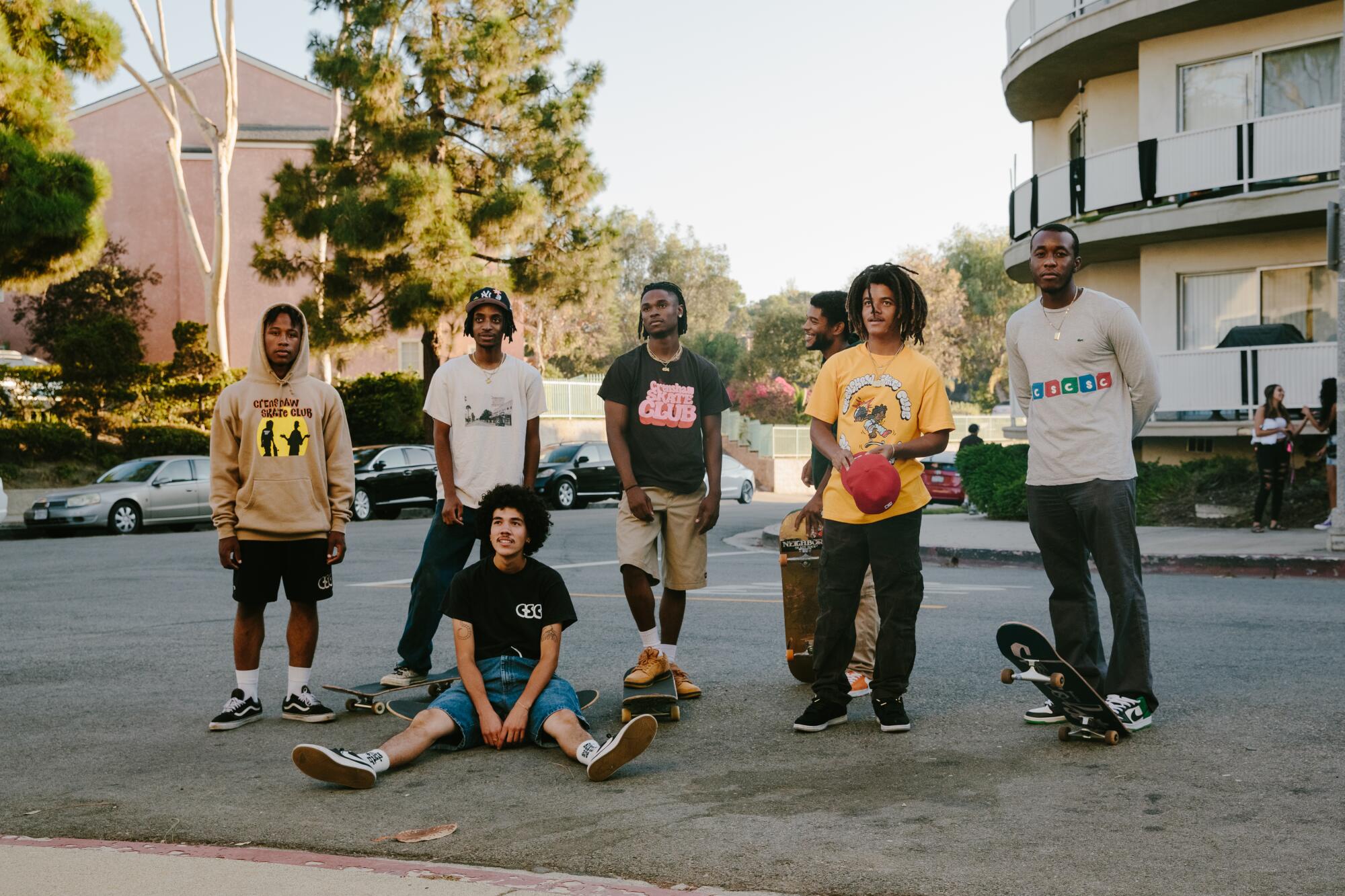
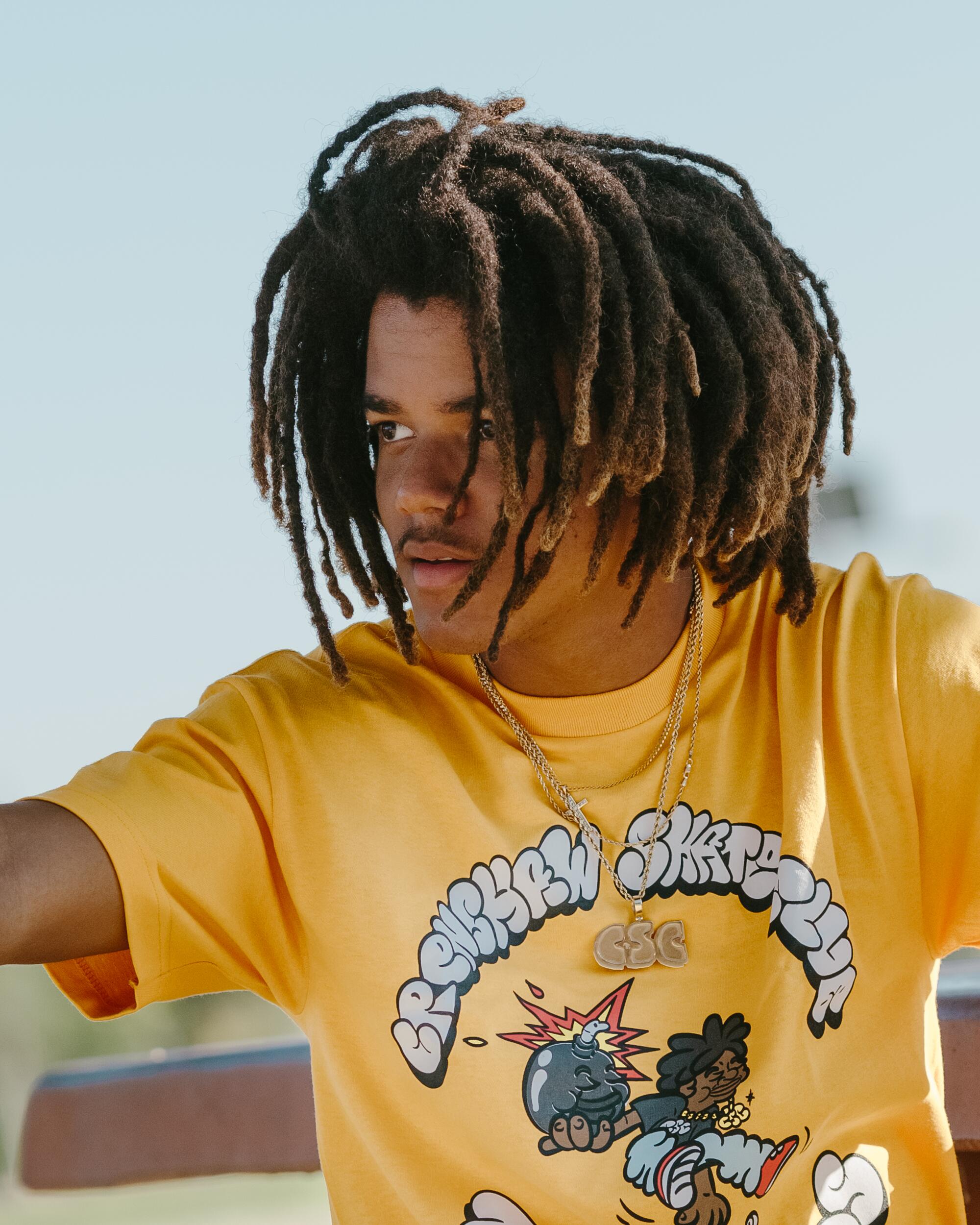

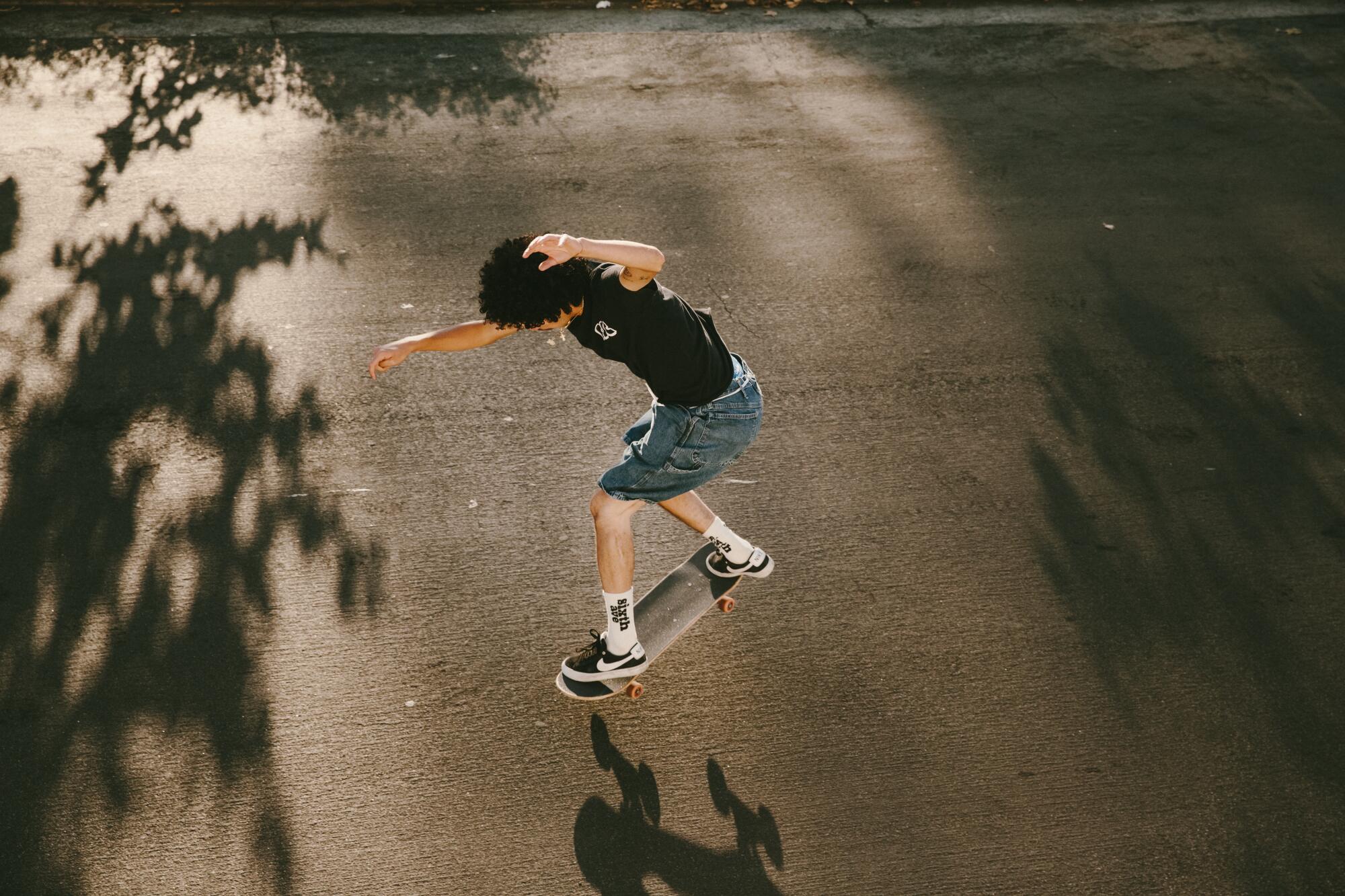
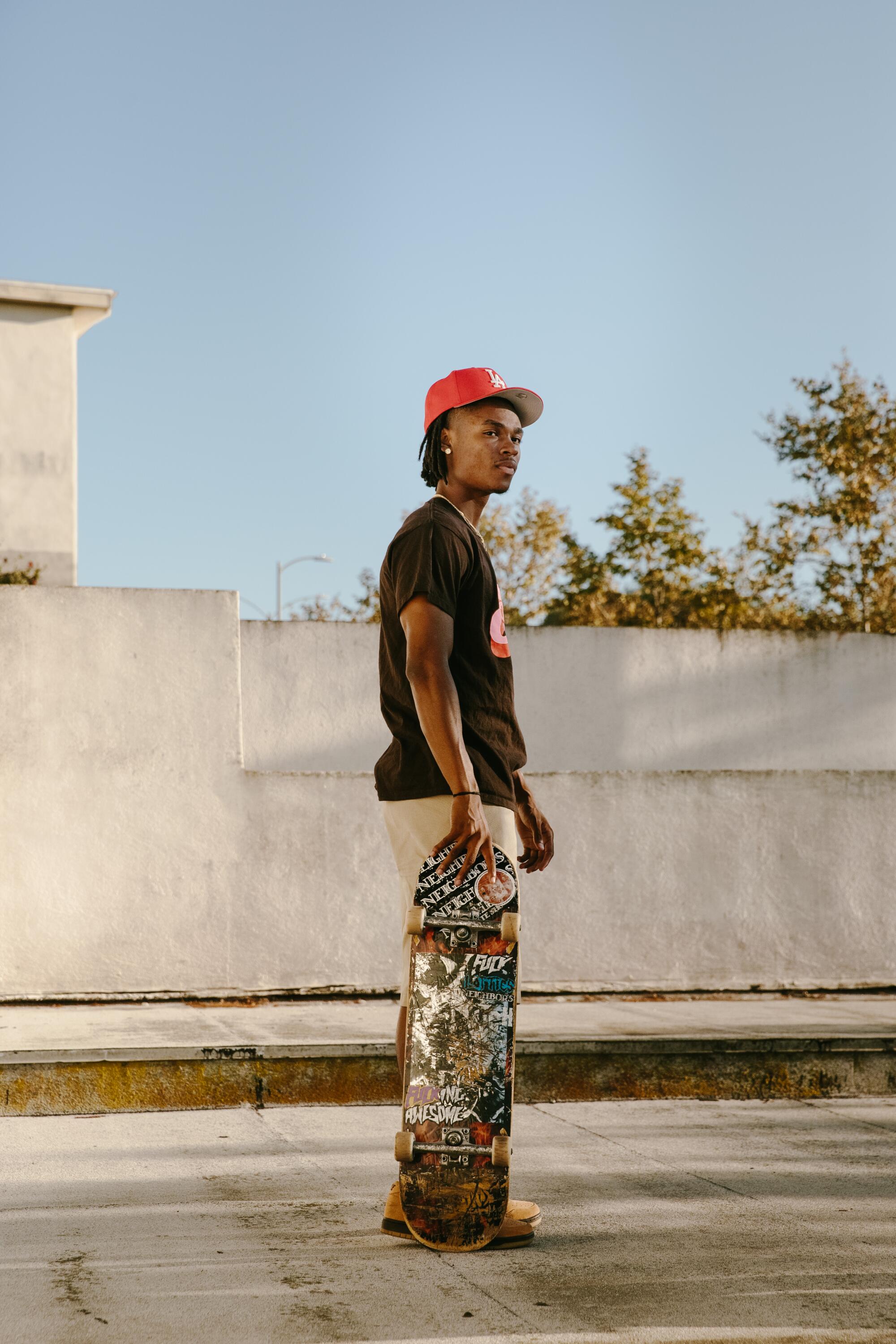
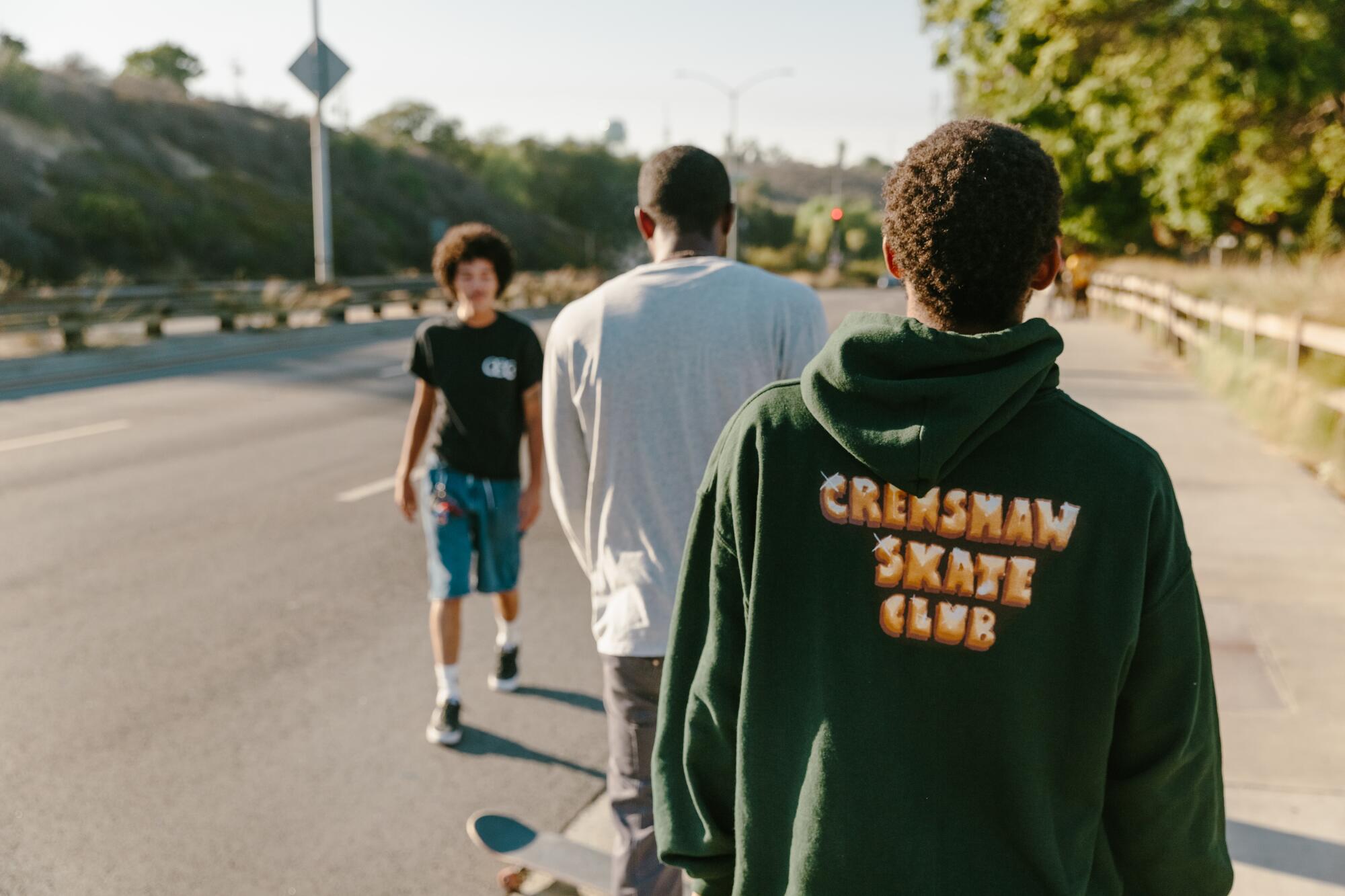
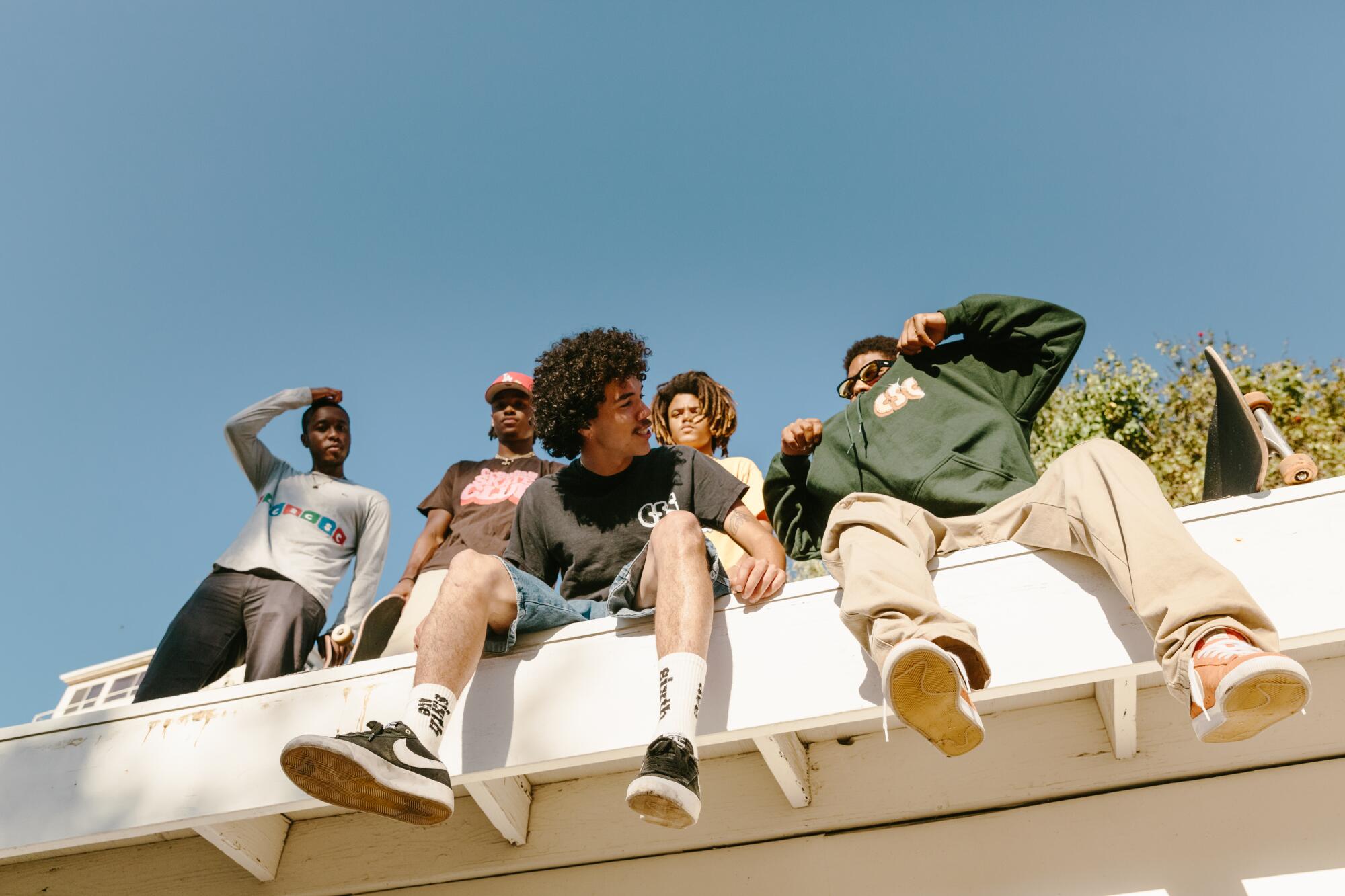
Boos Cruise
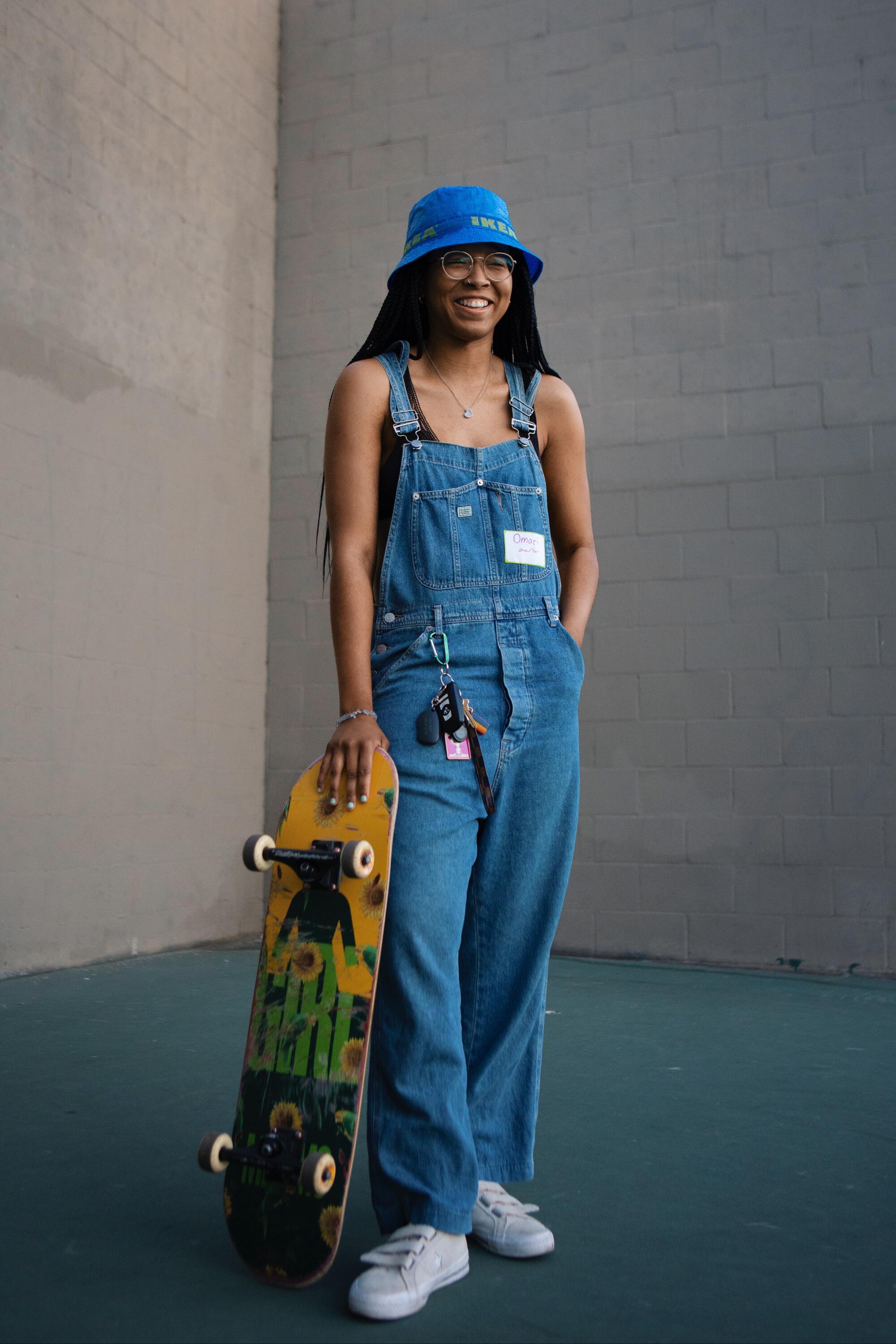
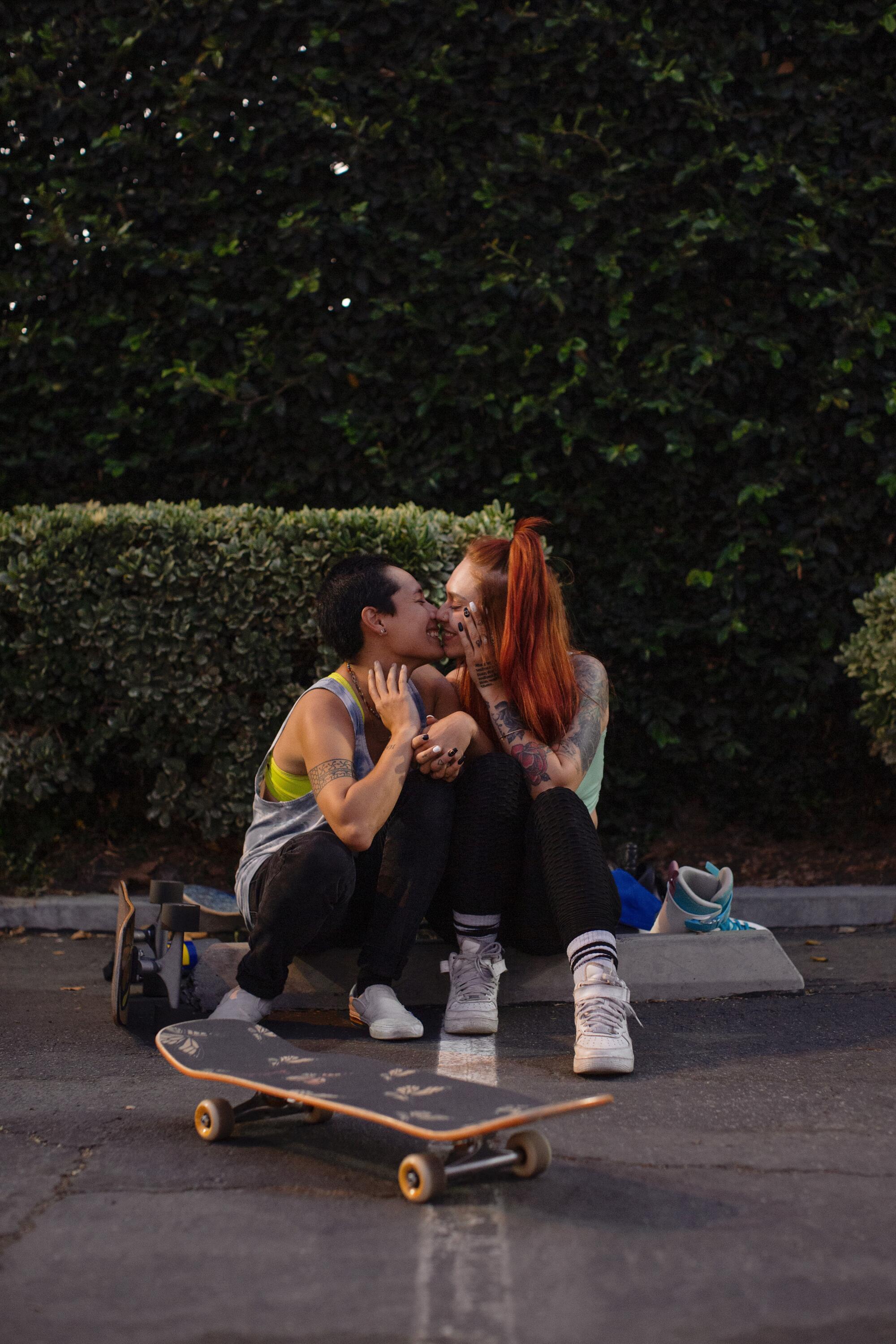
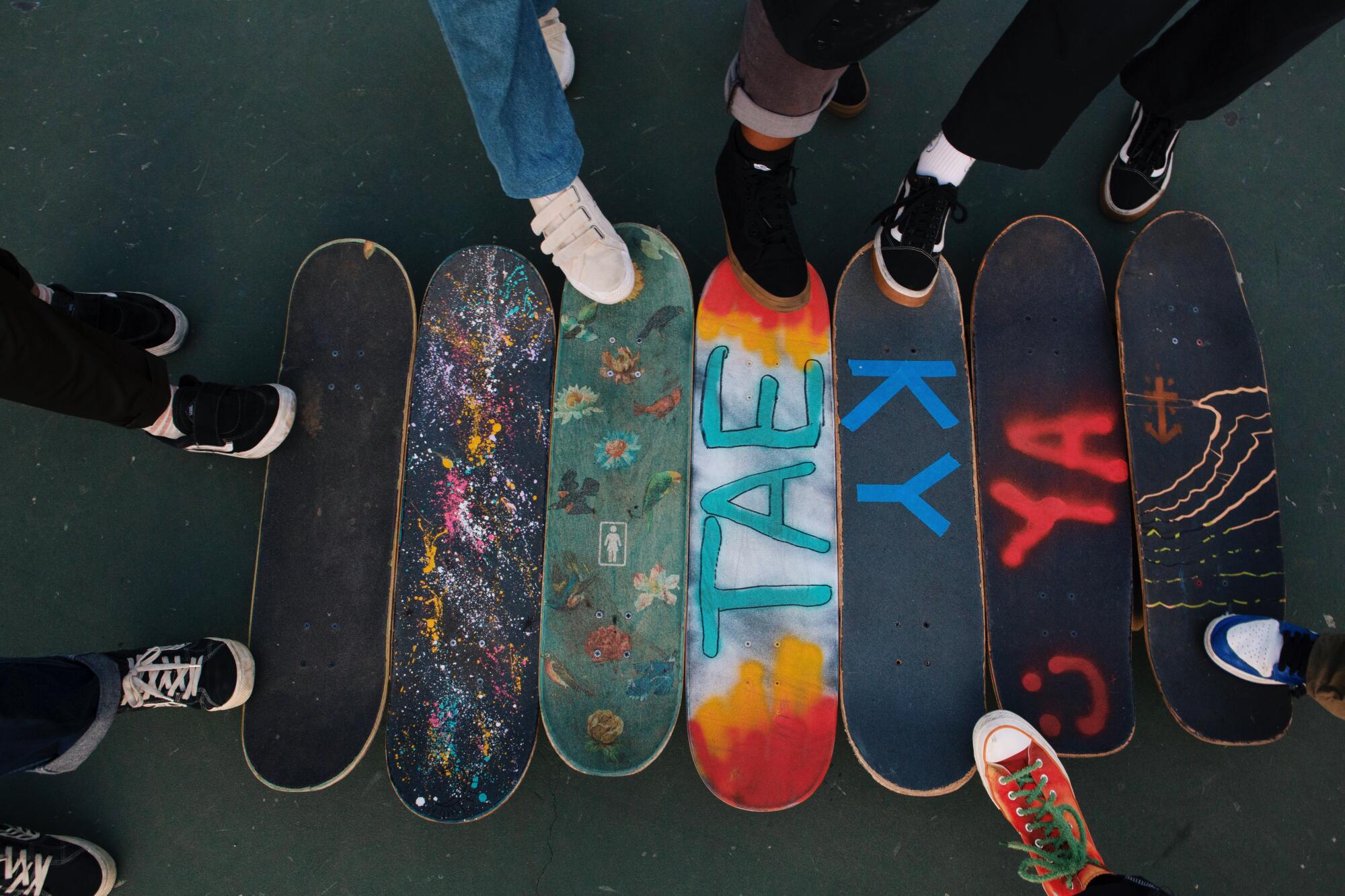
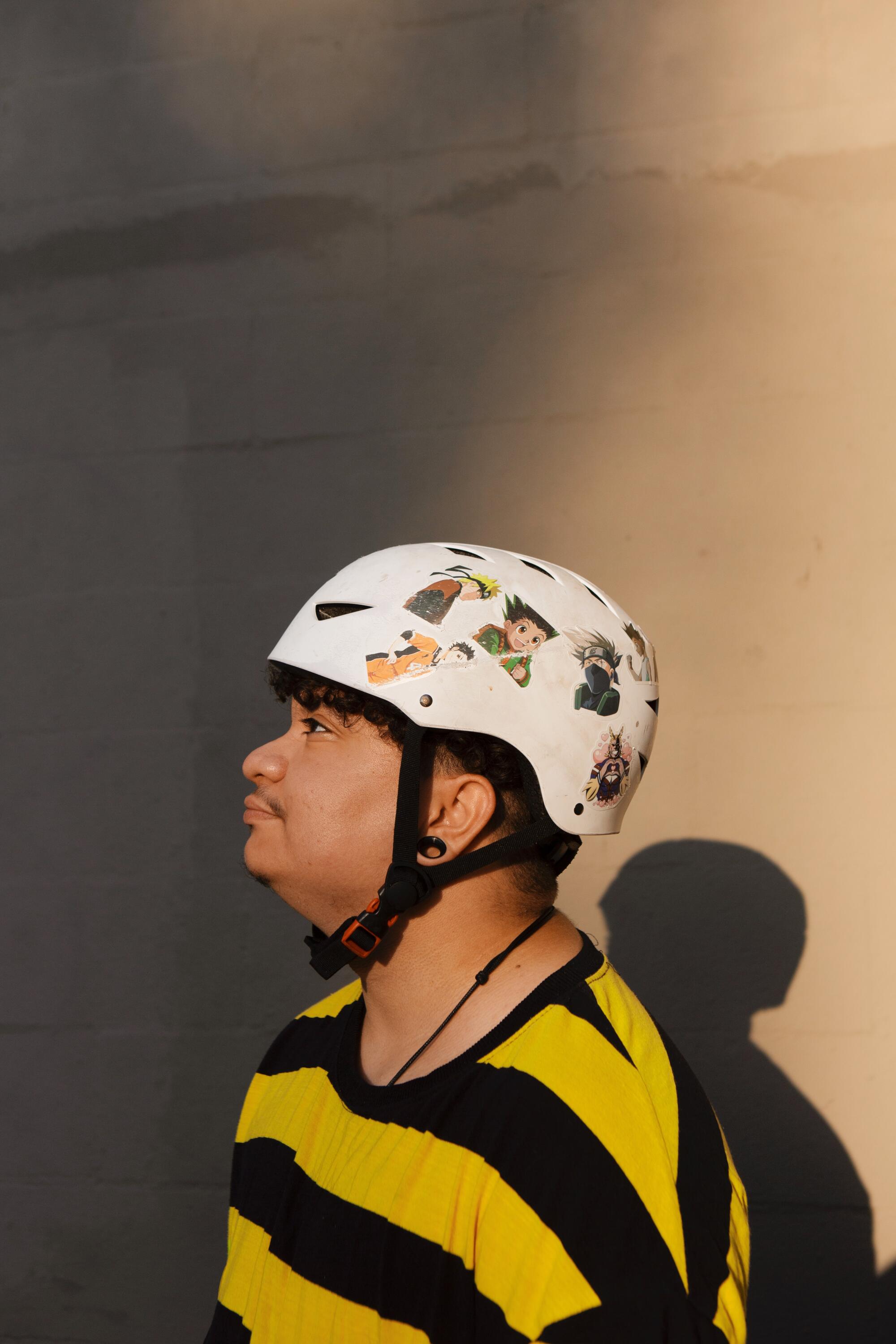
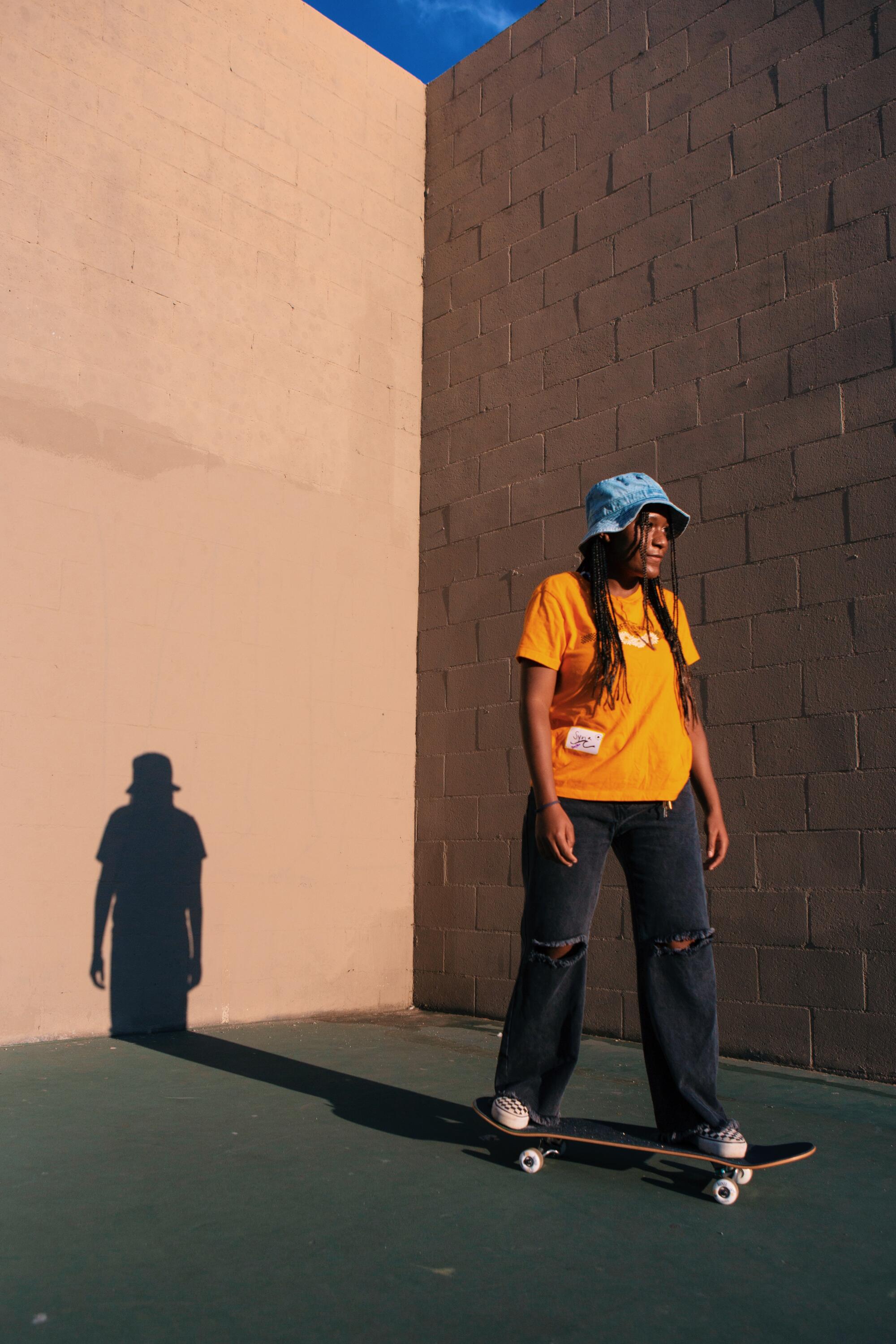
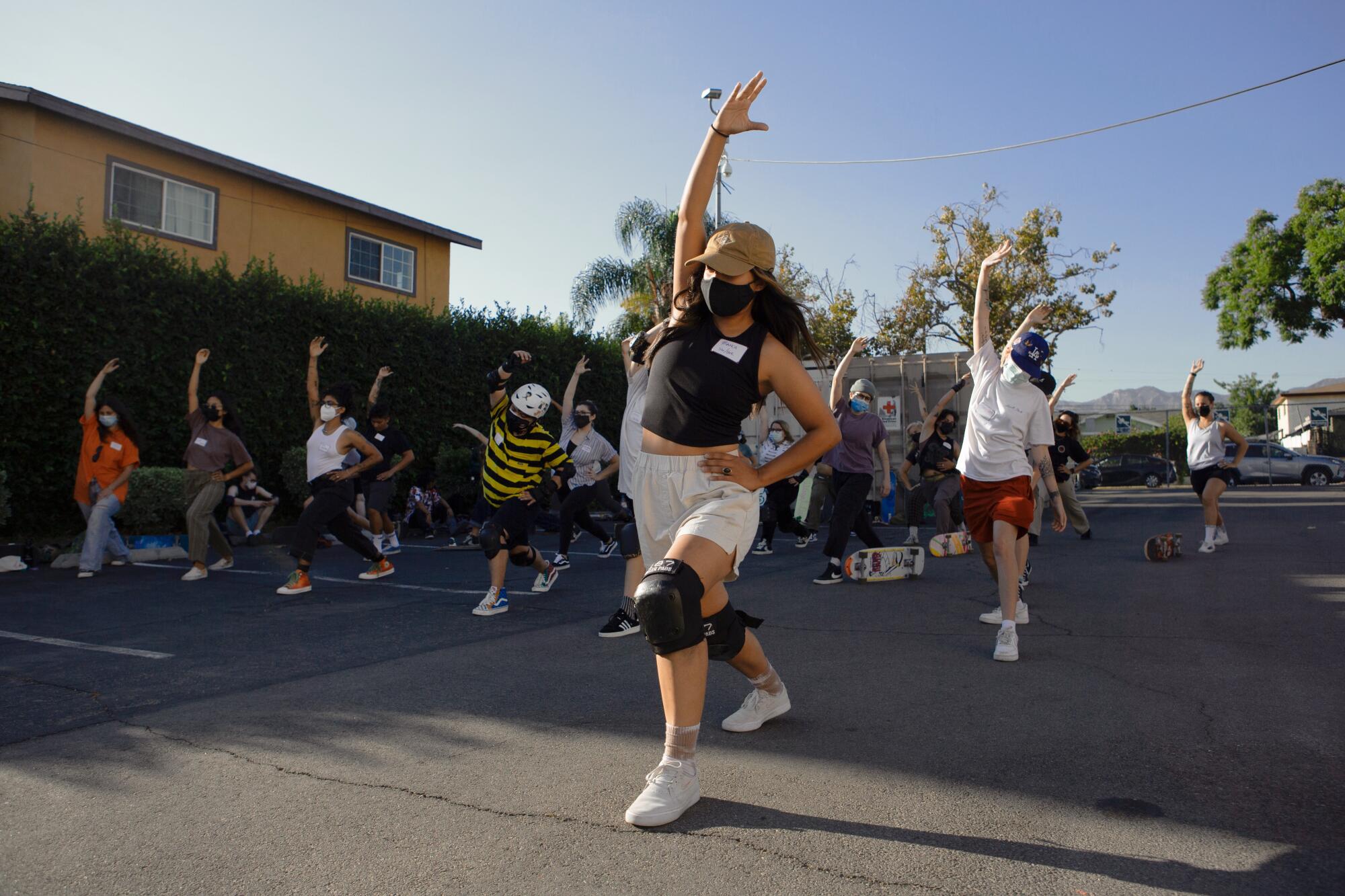
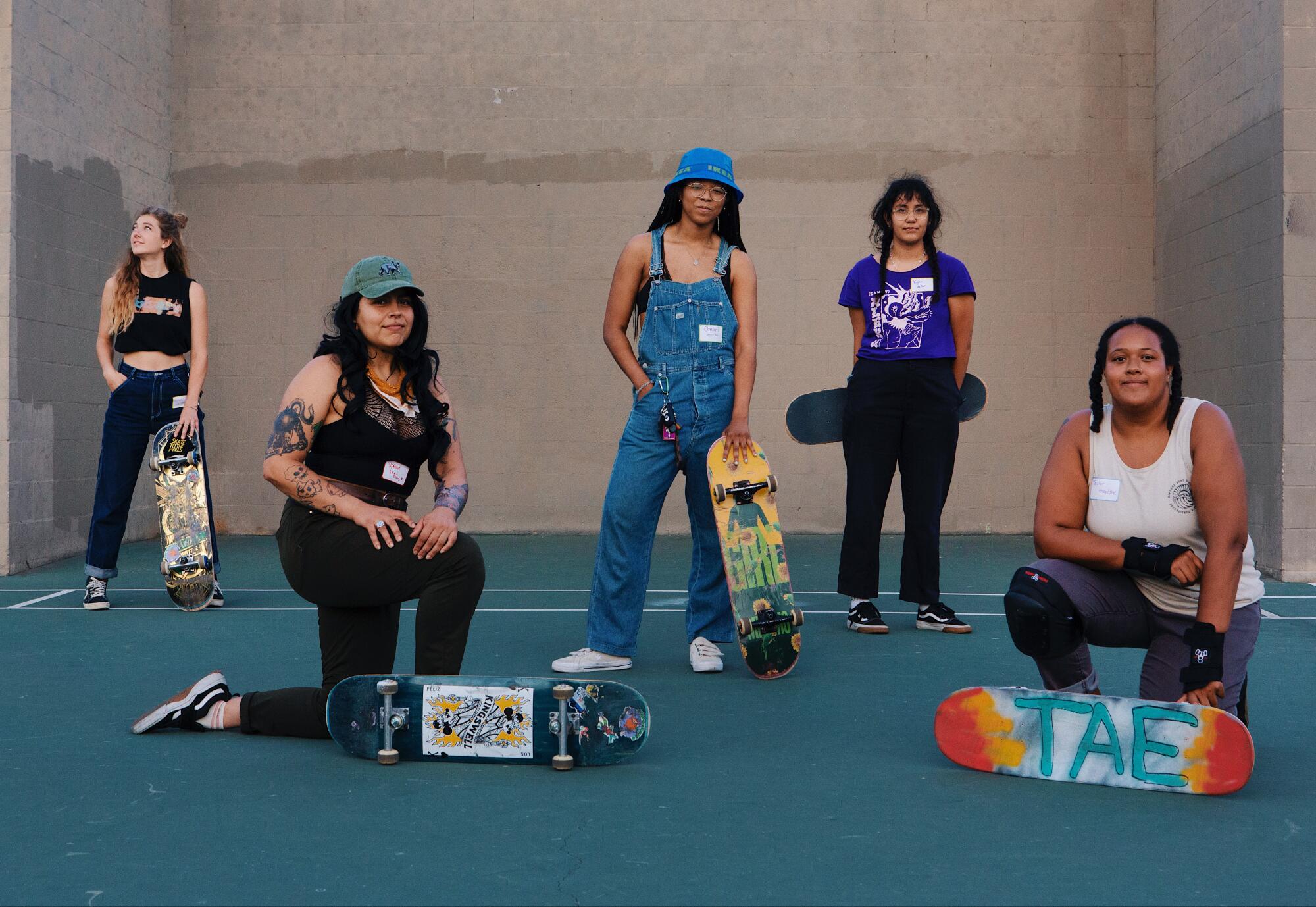
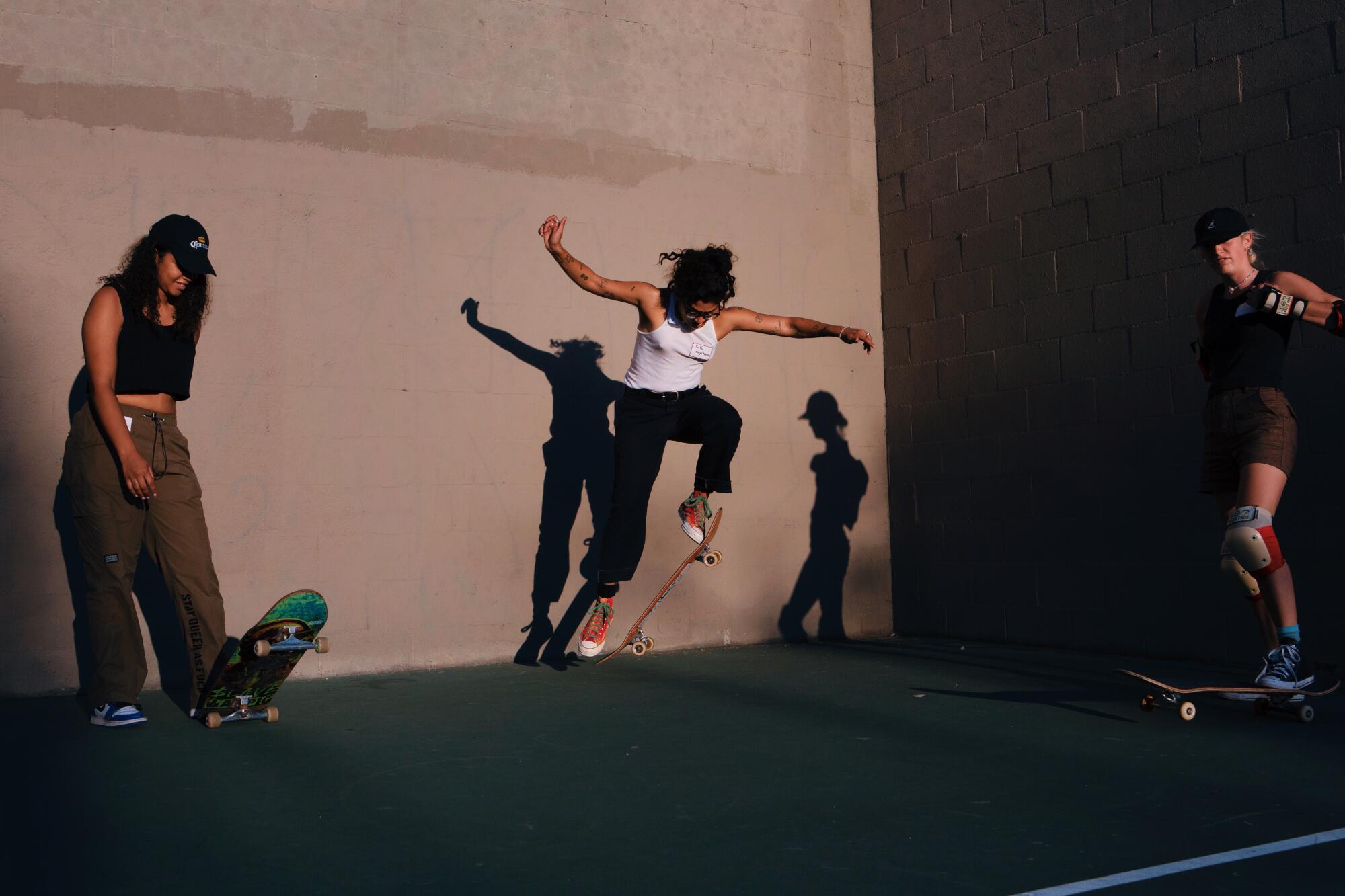
Neighbors Skate Shop
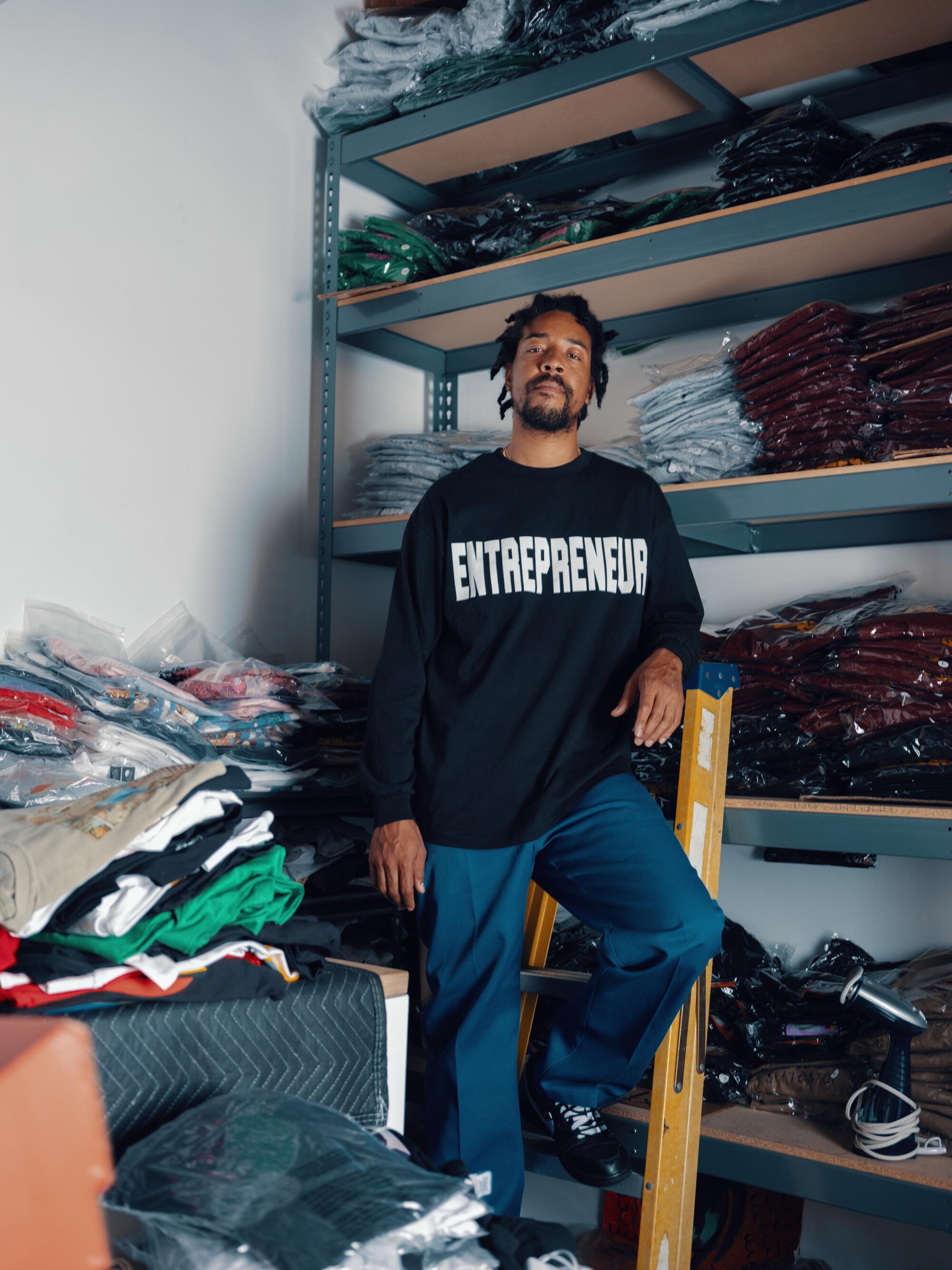
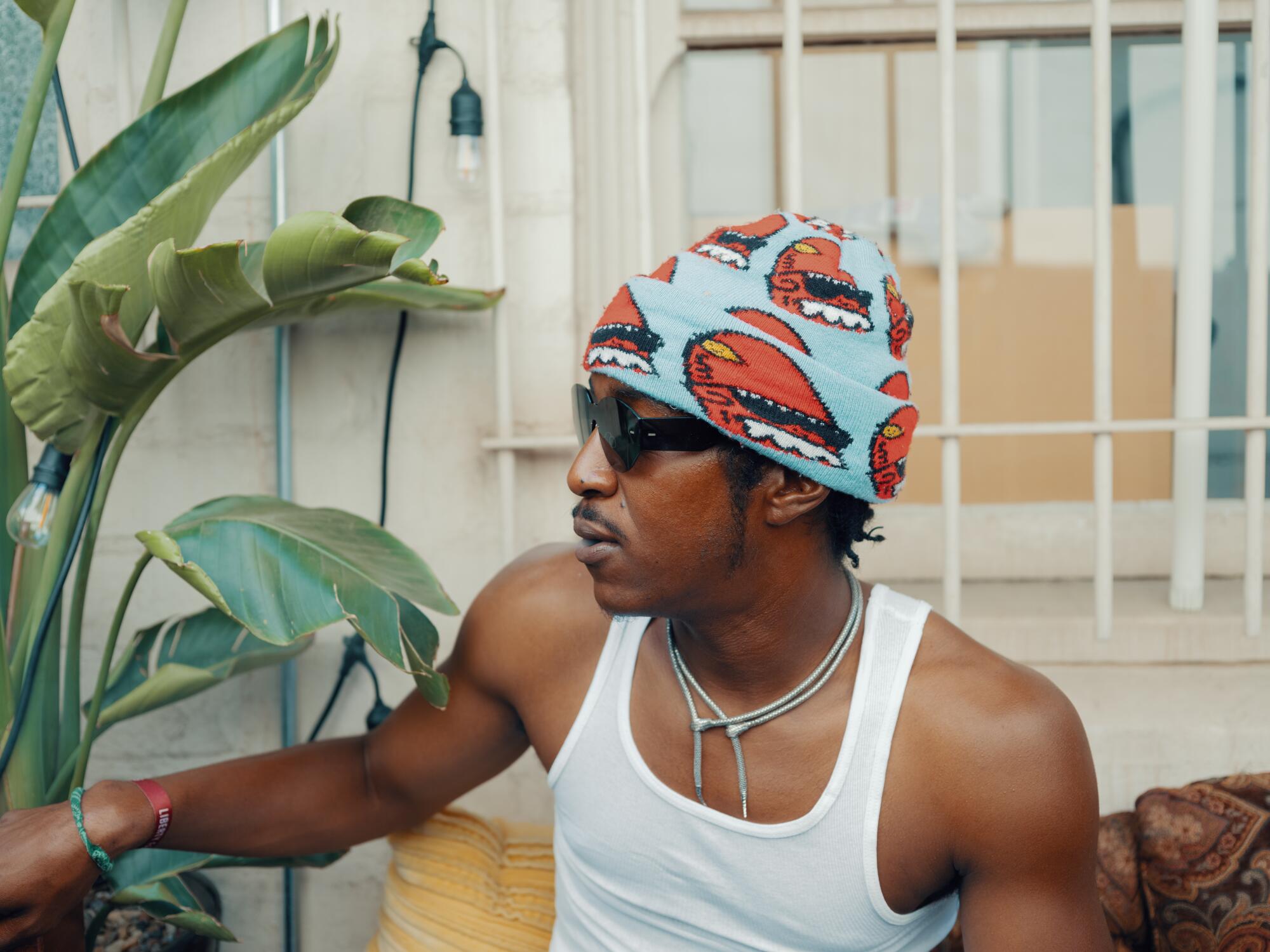
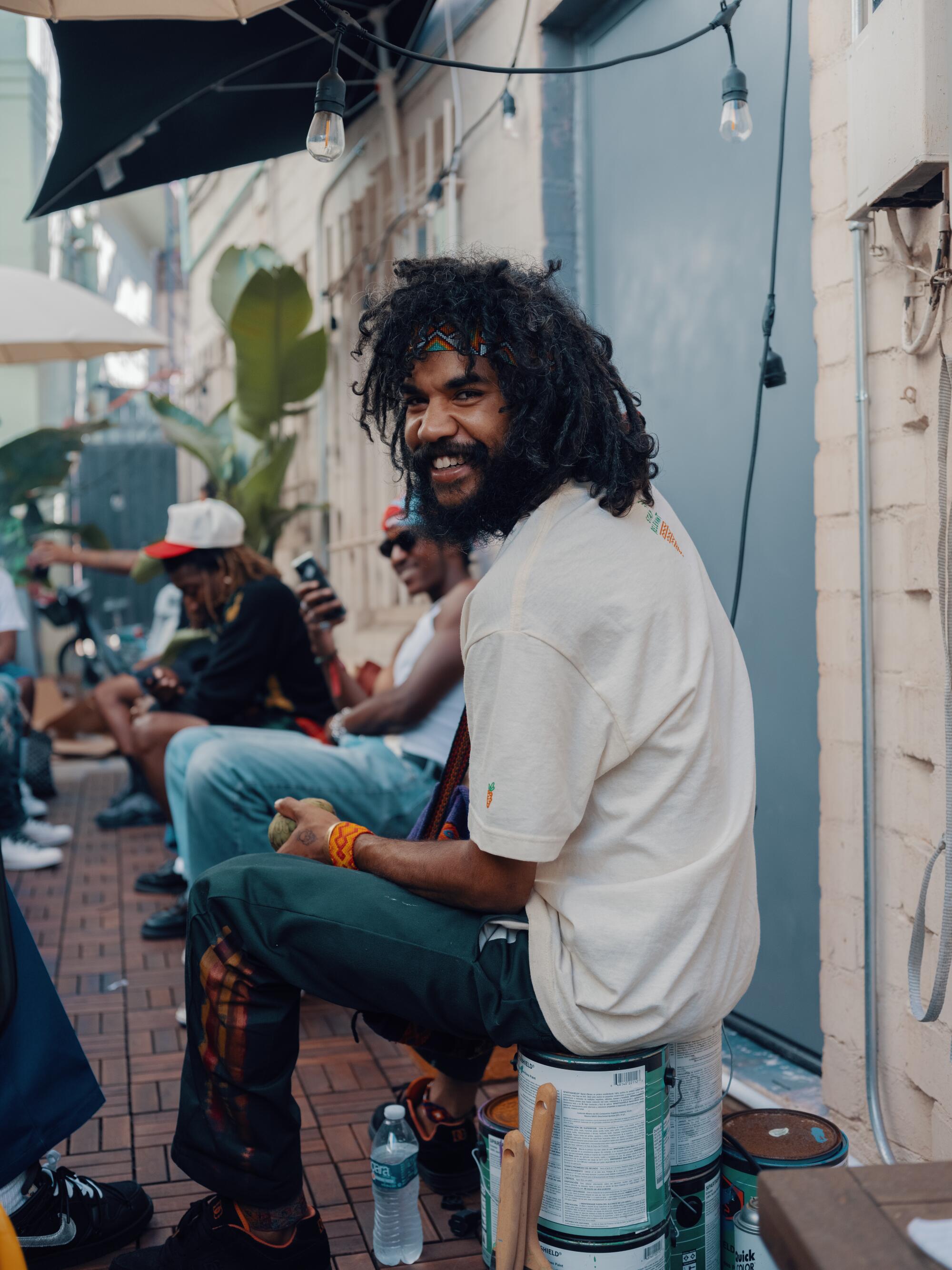
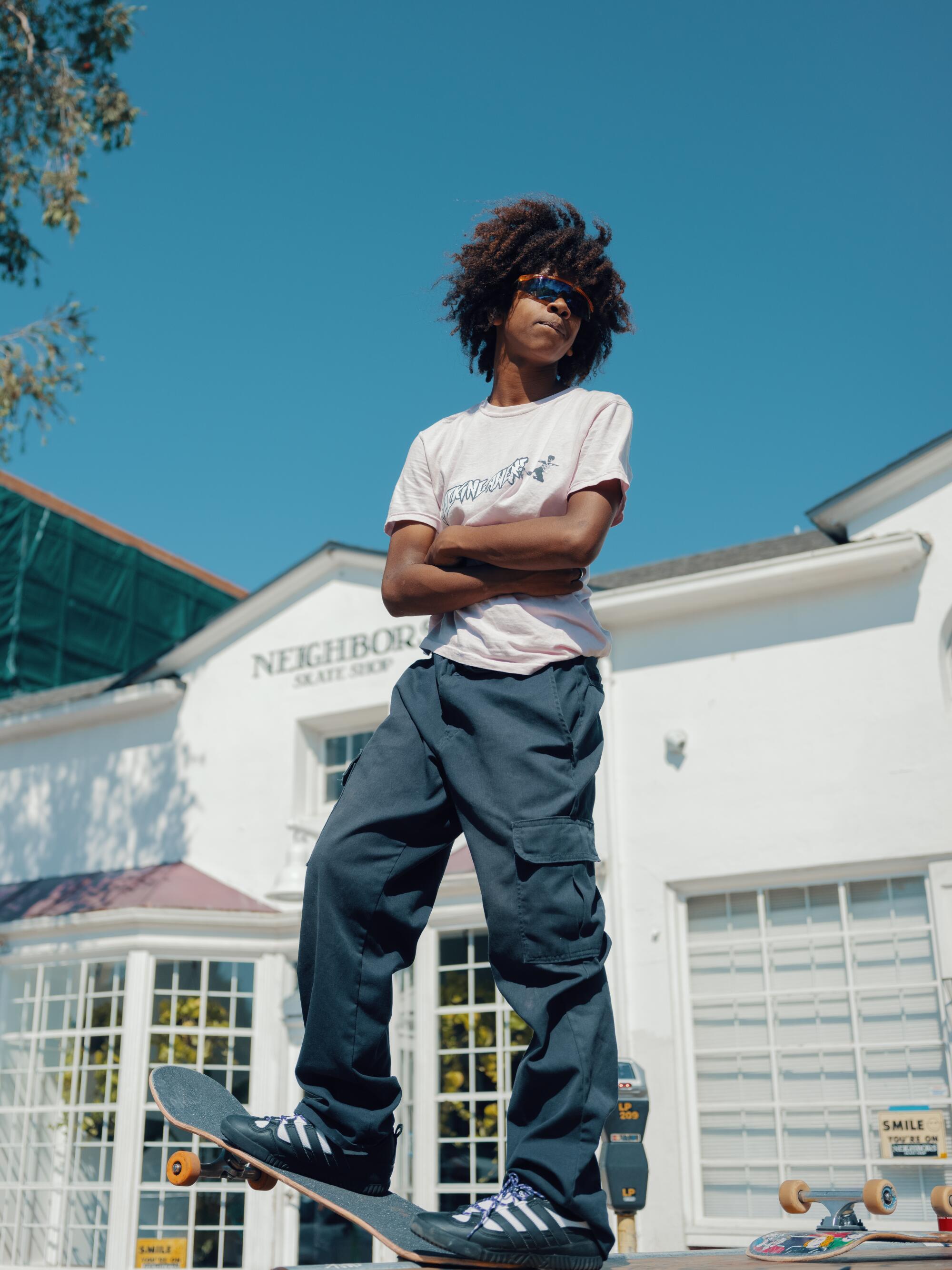
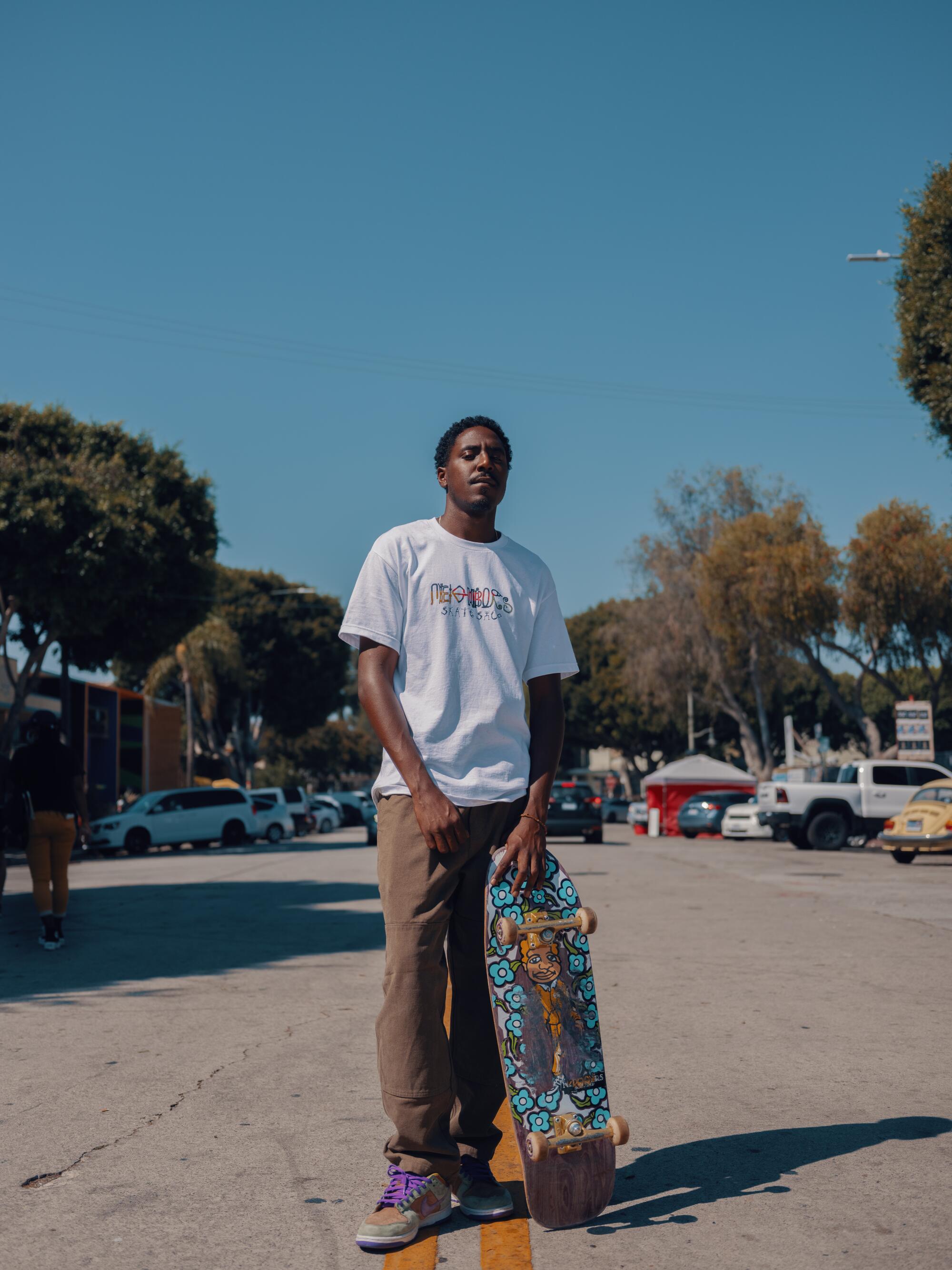
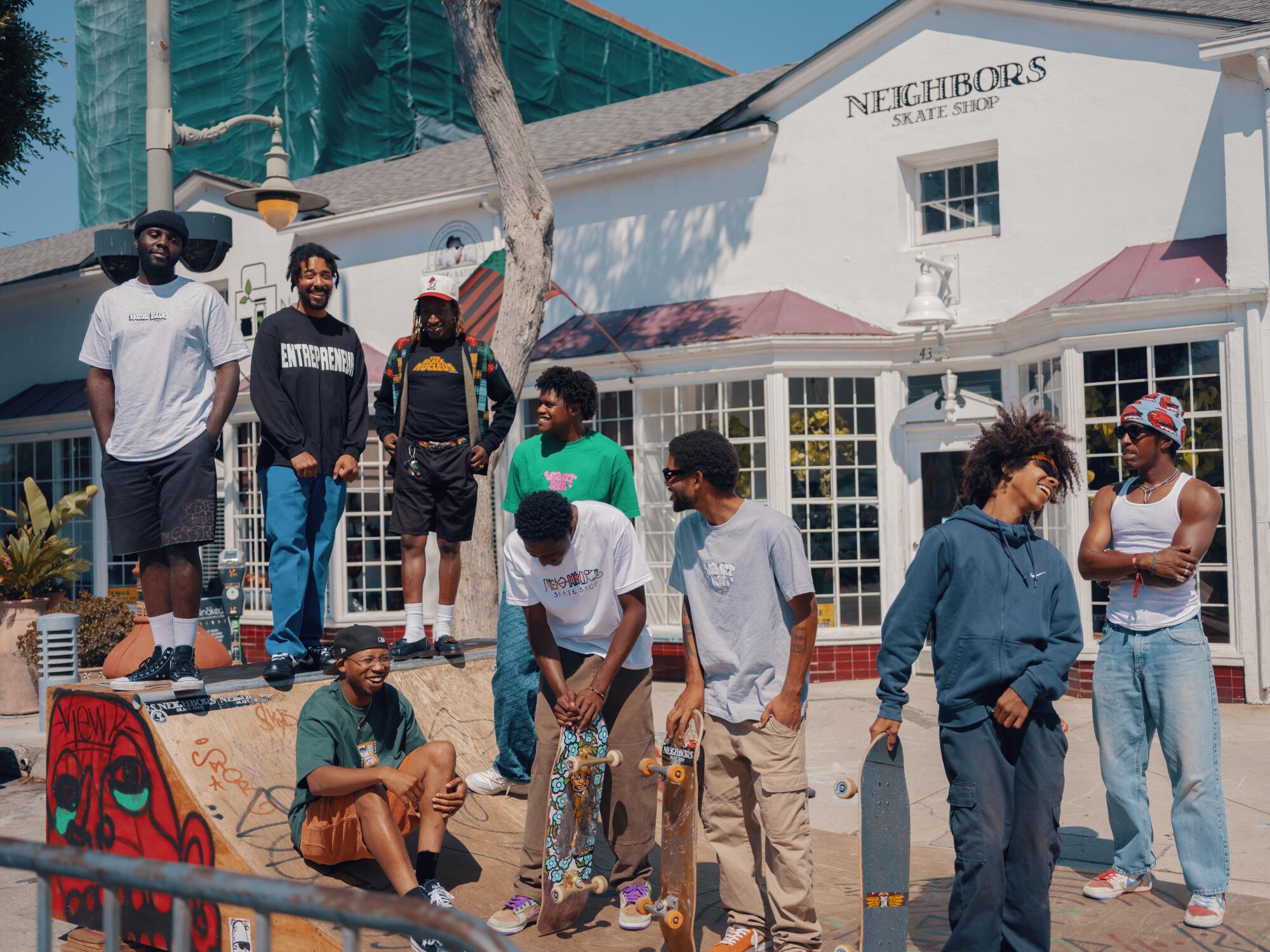
Cerise Castle is a Los Angeles-based multimedia journalist specializing in arts and culture, civil rights, crime and human-interest stories. She has produced and hosted segments for the Emmy-winning nightly news program “VICE News Tonight,” reported stories for National Public Radio and produced two series for podcasting giant Wondery. Castle reported the first-ever history of gangs inside the Los Angeles County Sheriff’s Department for Knock L.A. Her writing has been featured in publications like the Daily Beast, Los Angeles Magazine and MTV. In her free time, she is an avid hiker and stargazer.
